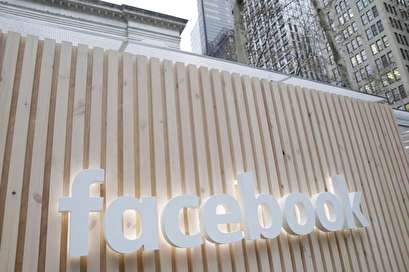TEHRAN, Jan 23 -Negative experiences online may bring about higher rates of loneliness among social media users, a study says.
 TEHRAN, Young Journalists Club (YJC) -Every 10 percent increase in negative interactions on social media made the study participants 13 percent more likely to feel lonely, according to new research published Tuesday in the American Journal of Health Promotion.
TEHRAN, Young Journalists Club (YJC) -Every 10 percent increase in negative interactions on social media made the study participants 13 percent more likely to feel lonely, according to new research published Tuesday in the American Journal of Health Promotion.
"Social media is, seemingly, about connecting people. So it is surprising and interesting that our investigations reveal social media being linked to loneliness," study lead author Brian Primack, director of University of Pittsburgh's Center for Research on Media Technology and Health, said in a news release. "Perceived social isolation, which is a synonym for loneliness, is associated with poor health outcomes, such as high blood pressure, heart disease and depression. Because social media is so pervasive, it is critically important that we better understand why this is happening and how we can help people navigate social media without as many negative consequences."
Researchers surveyed more than 1,100 West Virginia University students between ages 18 and 30 about their social media activity across various social media platforms. Then they asked the students to rate whether they felt lonely about those interactions.
In contrast, people in the study who saw a 10 percent spike in positive experiences didn't have any change in feelings of loneliness.
"There is a tendency for people to give greater weight to negative experiences and traits compared with positive ones, and this may be particularly relevant when it comes to social media. So, positive experiences on social media may be associated with fleeting positive reinforcement, while negative experiences -- such as public social media arguments -- may rapidly escalate and leave a lasting, potentially traumatic impression," said Jaime Sidani, assistant director of Pitt's MTH. "It also may be that socially isolated people lean toward social media use that involves negative interactions. It is probably a mix of both."
The researchers aren't sure whether the participants with lonely feelings gravitate to negative social media experiences or if their engagement with social media is making them feel isolated.
"Health practitioners may encourage the public to be more cognizant and thoughtful regarding their online experiences, thereby interrupting a potential cycle of negative experiences and loneliness," Primack said. "It may be useful to encourage awareness and education around positive and negative social media experiences."
Source: upi
 TEHRAN,
TEHRAN,